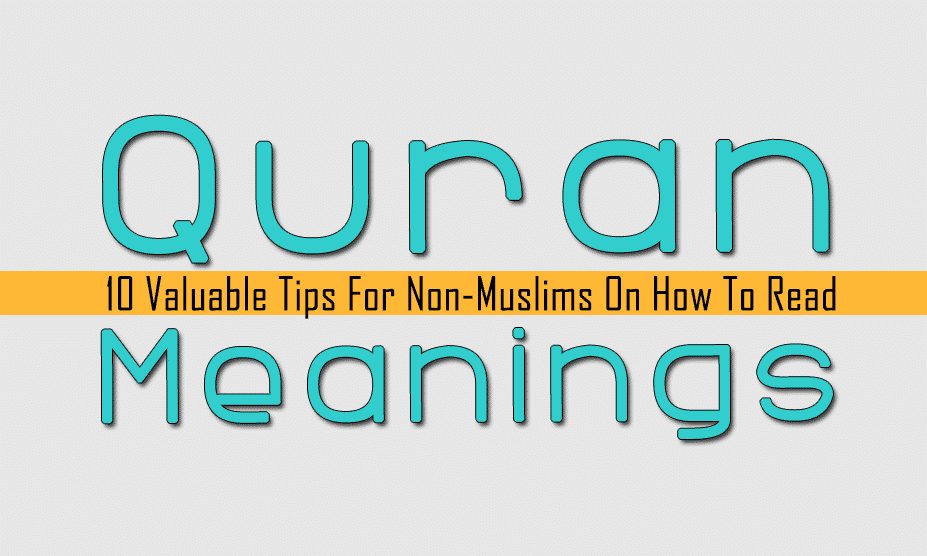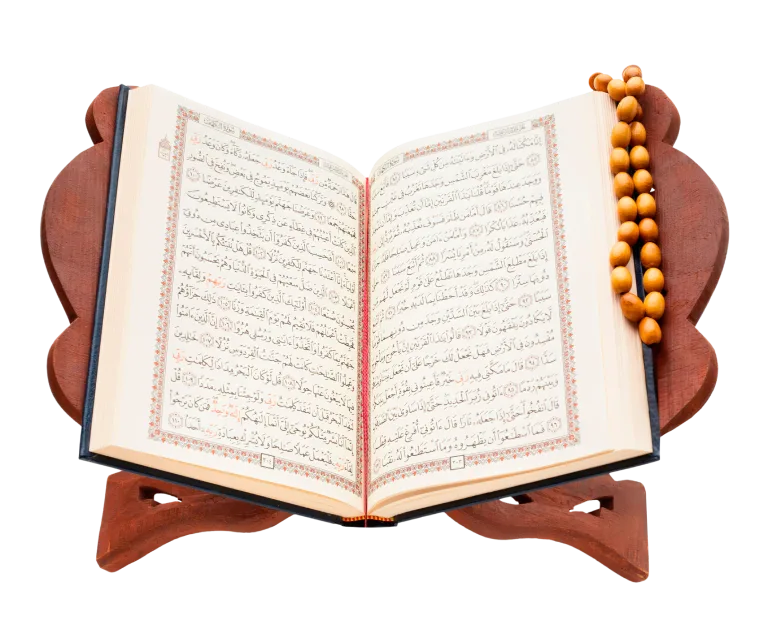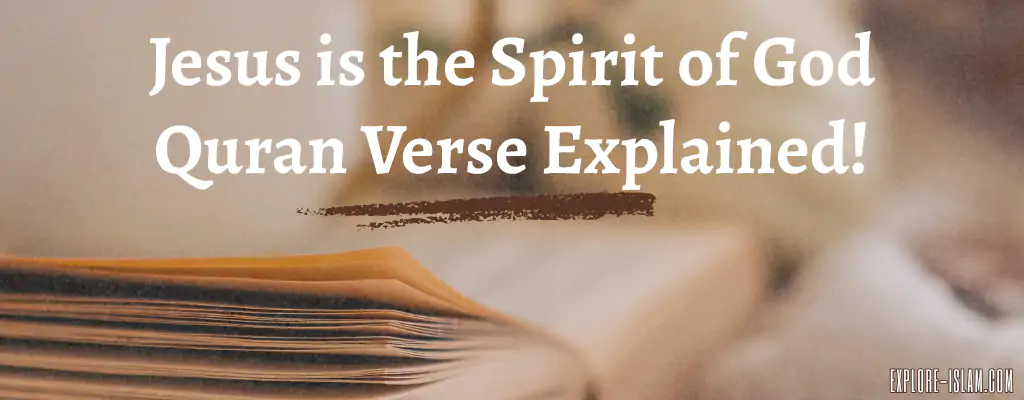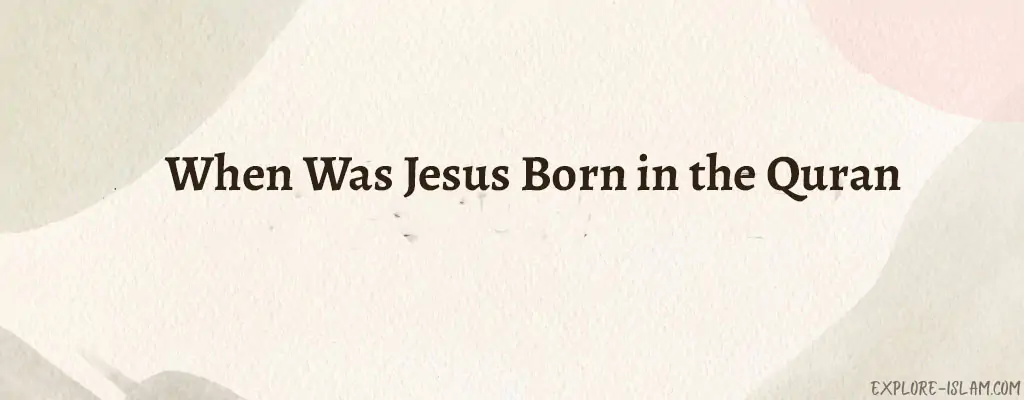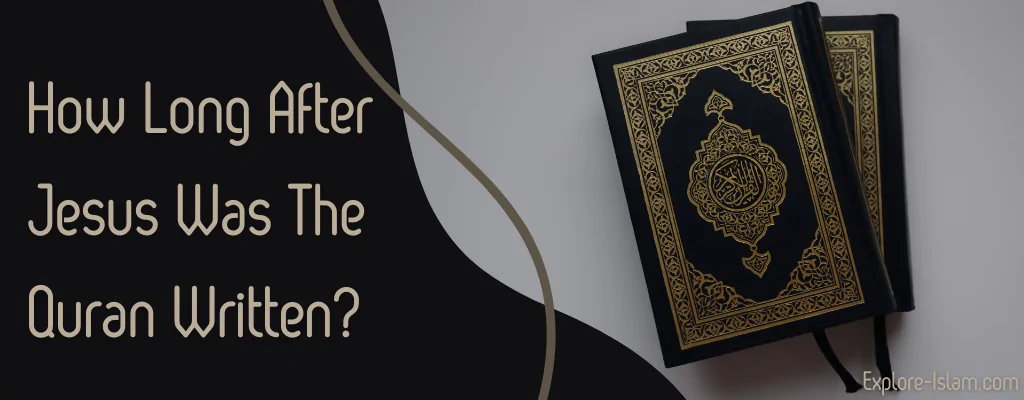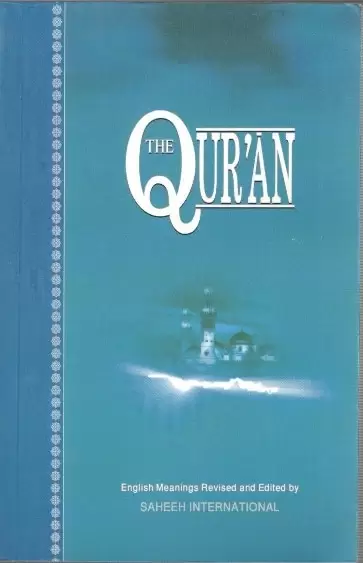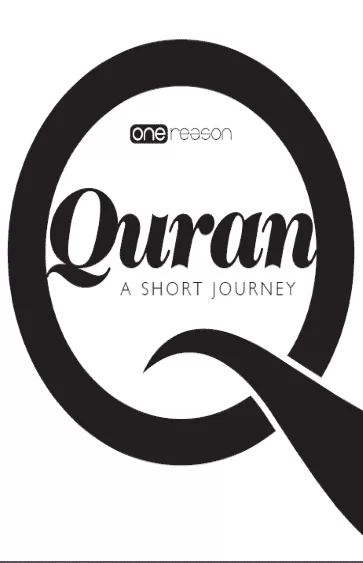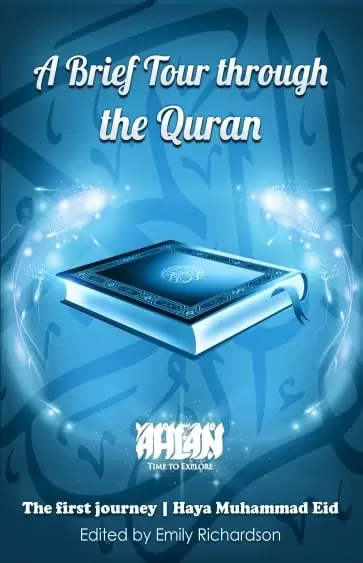Reading the Qur’an for the first time is a challenge to non-Muslims. It’s not an easy task. So, here are ten beneficial tips for non-Muslims on how to go about reading and understanding the Qur’an for the first time.
One: The Qur’an Is Made Easy To Read, Understand, And Remember By Allah
Allah states in the Qur’an,
And We have certainly made the Qur’an easy for remembrance, so is there any who will remember?” [Quran.com/54/22]
It is one of many ways the Qur’an is miraculous that it is read, understood, and memorized so easily. It is “The Most Memorized Book Ever”, no wonder. No book ever has been more studied, learned, and memorized as the Qur’an, and it has so many contests, national and international, for memorizing and reciting it. In fact, this is one way of many for the preservation and maintenance of its authenticity unaltered that Allah has vowed,
Indeed, it is We who sent down the Qur’an and indeed, We will be its guardian.” [Quran.com/15/9]
It is a fact that it is EASY, UNALTERED AND NEVER FALSIFIED.
Two: Read About The Qur’an Before You Read It
The word Qur’an appears about 70 times in the Qur’an itself, assuming various meanings, but when we go about defining “The Book” “the Qur’an” itself, it’s as follows:
- Linguistically, the word Qur’an means to read, and recite and it also means a book that is repeatedly read over and over again.
- Technically, the Qur’an is The Miraculous Arabic speech of Allah that was revealed to the last Messenger of God, Muhammad, both in word and in meaning, through Gabriel over twenty-three years. The Qur’an has reached us unaltered through “consecutive trustworthy groups of narrators” (chains of narration) their conspiring to lie is inconceivable. The Qur’an’s recitation itself is an act of worship; a Muslim is rewarded for each letter of the Qur’an he/she recites.
- The Qur’an which is collected in written form between the two covers “The Mus-haf” is a standing challenge to mankind to come up with the like of it.
- Allah has vowed in the Qur’an that He will protect it (the Qur’an) from falsification until the end of time.
- The Qur’an is the only book in existence that asserts its own authenticity and perfection right there in the book itself. Allah says,
This is the Book about which there is no doubt, a guidance for those conscious of Allah” [Quran.com/2/2]
Here is a link that provides both written and recited Qur’an along with several translations in several languages. quran.com/
Three: What Is The Message Of The Qur’an? What’s It All About?
The Qur’an, being “The final Message from Allah”, sums up all previous Books, affirms and dominates over all of them. The Qur’an conveys the same message as did all previous Books:
- There is only One God worthy of worship, the Creator, Sustainer and Sovereign of all beings.
- Every creation is God’s servant and worshiper.
- And finally, all will, on the Day of Judgment, return to God to be accounted for their deeds in this life.
And We never sent a messenger before you ˹O Prophet˺ without revealing to him: “There is no god ˹worthy of worship˺ except Me, so worship Me ˹alone˺.” [Quran.com/21/25]
Four: Which Translation Should You Read?
Let me state this fact: “No translation will ever convey the full message of the Qur’an”. So, a non-Muslim should choose a translation that Muslims view as a reliable one, such as,
- Sahih International,
- Dr. Ghali,
- and Dr. Mustafa Khattab.
Those and the transliteration of the Qur’an, along with recitations, can be accessed here: Quran.com/
Five: Is A Good Translation Of The Qur’an Enough To Understand It?
The Qur’an, being The Word of Allah and His final Message and Miracle, has so many layers of meanings that translations cannot relay. So, the advice here is to pick a book of “Exegesis”. Now we need to know how exegesis is different from translation.
Translation is the communication of the meaning of a source-language text by means of an equivalent target-language text.
Linguistically, Exegesis is a critical explanation or interpretation of a text, especially of scripture.
Technically, Exegesis is exerting human utmost effort to try to reach the knowledge and understanding of Allah’s Will and the real meaning of the Qur’an, the final Divine Message. So, it is merely doing our best to understand Allah’s words.
So many trustworthy, knowledgeable Muslim scholars have given great works of exegesis; here are some links to some reliable works:
- The Clear Quranic Exegesis.
- Maariful Quran English.
Six: Occasions Of Revelation
It is a historical fact that Qur’an was, unlike previous Divine Books, revealed in an intermittent manner over twenty-three years; each revelation in a correspondent occasion. So it is of great importance and benefit to find out the occasion upon which each verse or group of verses were revealed. And, it is one of the tools of a scholar working on exegesis.
Seven: Where In The Qur’an To Start Reading?
The Qur’an is a complete world of Divine Words. Some like to start from the very beginning, others may start with the chapters of tales and stories and a few would start at the very end. My advice is to start at the beginning, as it is how Allah intended; the order of verses and chapters is Divine in origin for a wisdom; only He knows best.
Allah says,
[This is] a blessed Book which We have revealed to you, [O Muhammad], that they [people] might reflect upon its verses and that those of understanding would be reminded [mindful].” [Quran.com/38/29]
Eight: The Auditory Experience, WOW
I cannot emphasize enough on this “Listening to Qur’an recitation”. It is an out of this world experience, so sentimental and emotional, and a huge spiritual one. The recitation has a group of set rules that were practiced by Muslims since the Messenger of Allah Muhammad has taught his companions and they taught their student,s and so on to the present day. Successive complete chains of trustworthy Muslims narrating the Qur’an in the very same exact manner.
Here are some beautiful recitations I hope you will enjoy;
- Heart melting quran recitations.
- Quran MP3, click on any reciter name you prefer.
Nine: The Messenger of Islam Muhammad (Peace be Upon Him)
I strongly advise of reading to know about the man that the Qur’an was revealed to, and was so honest and trustworthy in delivering Allah’s Message. Aisha, Prophet Muhammad’s wife, says about him, “The conduct of the Prophet (ﷺ) was entirely according to the Qur’an.” (Sunnah.com)
Here is a very beautifully written biography of the life of Muhammad (PBUH).
Ten: Ask a Muslim
When in trouble, baffled, curious, or confused about any Islamic issue, just ask a knowledgeable Muslim. THIS IS TRULY GOLD. It’s logical and wise to seek information and knowledge from an attested-credible source. I mean, people usually refer to a doctor when ill, an engineer when having a technical problem, and to a teacher when having a question about a study subject. However, when it comes to Islam, I am always amazed by this: non-Muslims refer to websites and books of other non-Muslims instead of simply asking people of specialty, “MUSLIMS”.
There are multiple trustworthy websites, digital libraries, and even live chat icons and sites to answer questions to satisfaction about Islam. Here are a few of those:
- Quran.com
- Sunnah.com
- Explore-Islam.com (We have a live chat service 24/7).
- Islamqa.info/en
- TheProphetOfIslam.org
- Rasoulallah.net
- AllahsWord.com (Free Islamic Books).
To conclude,
I sincerely hope those ten tips are of benefit and would make your first experience of reading the Qur’an fruitful. Please, be kind enough to share with us your experience after following those tips.

